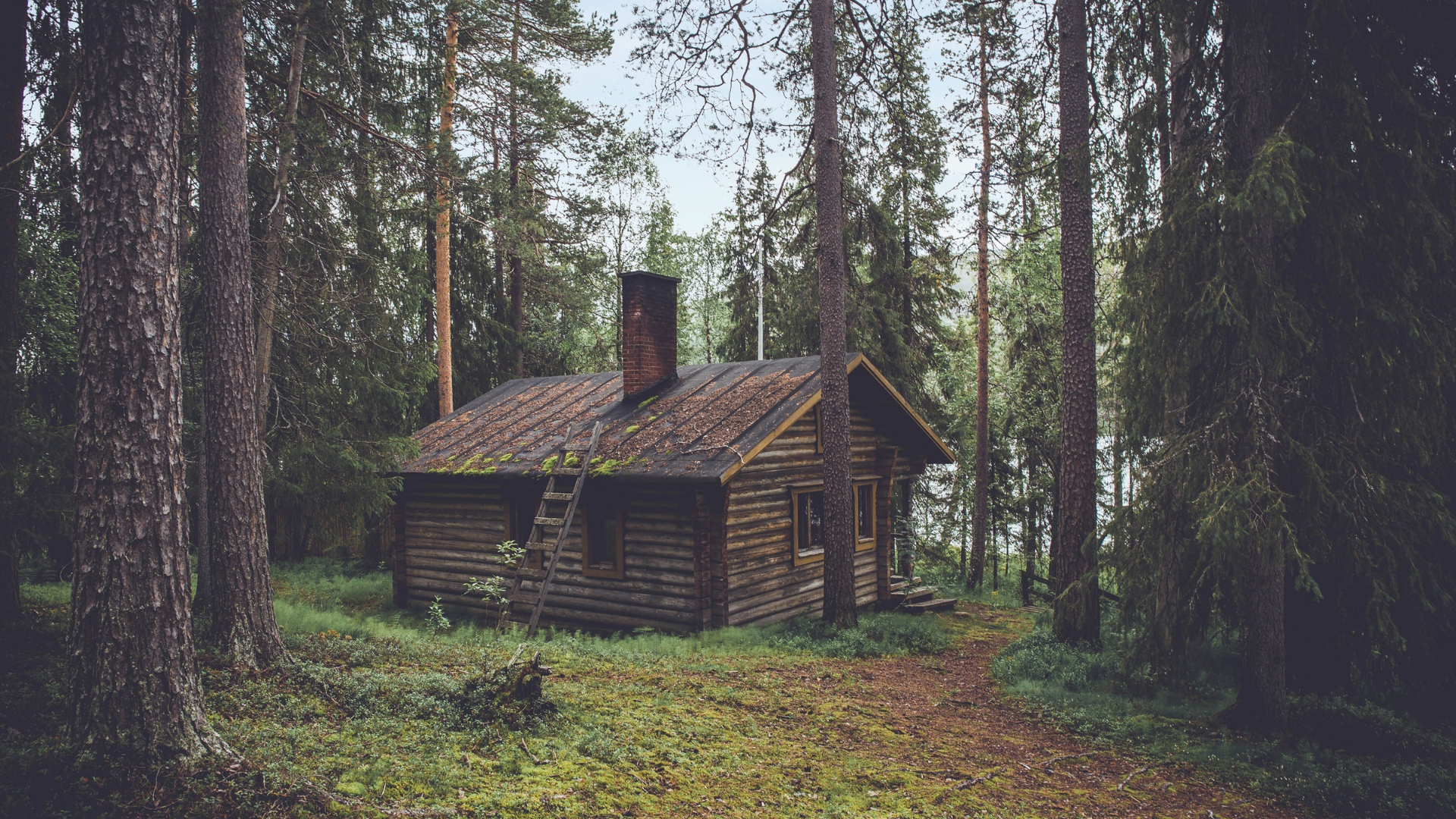
One of the most significant, enduring practices of retreats across different religious traditions is silence. I remember my first retreat at a monastery—I think it was Benedictine—many years ago. Silence was expected for all guests at all meal times and in certain buildings at particular times of the day. I found it difficult not to converse with others, and so did my colleagues. Silence seemed to come naturally for the monks who lived and worked there; not so much for us. I’m certain that we would never have practiced this little bit of silence had it not been imposed on us. In retrospect, I’m glad for the imposition and would welcome it again.
As I prepare to head to Minnesota’s north shore for a family get away, I find myself craving silence. (By the time this post goes live, we will be there.) Our cabin will have no WI-FI, no television, no newspaper delivery. Most likely I won’t have cell reception, which means I will refrain from reading the daily news, answering texts and emails, and participating in social media. My phone won’t buzz for notifications of any sort.
Forty years ago, Catholic priest and theologian Henri Nouwen wrote, “Wherever we go, we are surrounded by words. . . . It has not always been this way.” He recounts the times, places, and ways that human beings, at the time of his writing, were inundated with words—and not to their benefit. So much chatter does not contribute to communication but rather its opposite: “the word no longer communicates, no longer fosters communion, no longer creates community, and therefore no longer gives life. The word no longer offers trustworthy ground on which people can meet each other and build society.” Nouwen sounds like a prophet ringing an alarm for the impending information overload that we now live with daily. If in 1980, he could wonder if our “lavish ways of sharing are not more compulsive than virtuous,” what would he say in 2020?
Perhaps nothing.
Silence is both gift and necessity, and perhaps more now, in the midst of a pandemic, than ever. Many of us, while working and caring for kids at home, are glued to the news like never before. At one point, early in the pandemic, a family member heard me sighing repeatedly while reading the latest news. She facetiously suggested that the newsfeed on my phone wasn’t exactly contributing to my well-being. She was right. So I set aside my phone for the weekend and slept better.
Of course, that wasn’t yet the practice of silence, but a precursor to it. Which reminds me of another more recent retreat that I attended. Before we began, the facilitator passed around a basket and asked us to turn off our phones and place them inside. She promised to return them later. I had a hard time letting go of mine, but I’m glad that I did. Because it allowed me to be fully present to others, to myself, to the sounds of nature outside our cabin, and to God. I listened more fully and more attentively. Later, as part of our retreat, I walked silently through the woods and took time to meditate and pray, all of which felt deeply restorative.
Silence, though uncomfortable and maybe anxiety-provoking at first, slows us down and makes us present to the present moment. Recent studies suggest that silence, even practiced in two- or five-minute daily increments, reduces anxiety and stress and regenerates brain cells. It increases our self-awareness and enhances our creativity.
Silence also deepens our capacity to listen fully to others and to take their needs to heart. It prepares us to speak with wisdom and kindness. This sacred triad of silence, listening, and speaking is the seedbed of authentic interpersonal connection and genuine communal life.
The Desert Mothers and Fathers of the fourth and fifth centuries knew that silence feeds the soul, and so they retreated for years on end. Few of us can do that or would even consider it. Some of us might be able to go on a silent retreat. But we all can find ways to “retreat where we are” and practice silence daily and weekly. In terms of the latter, the Sabbath’s invitation to rest includes allowing our minds to rest silently.
As I leave for a vacation away from the cacophony of life, I have no illusions about experiencing some type of idyllic silence akin to Henry David Thoreau’s trip to the woods. After all, there will be three kids with us—ages two, four, and six. But I am looking forward to longer increments of silence and the opportunity to be still in heart and mind and body. Nouwen is helpful in this regard, too. As he points out, silence is ultimately a disposition, “a quality of heart that leads to an ever-growing charity” and hospitality toward others and oneself.
Theresa F. Latini, Ph.D. is the Executive Director of Mount Olivet Conference & Retreat Center and an ordained minister in the Presbyterian Church (USA)